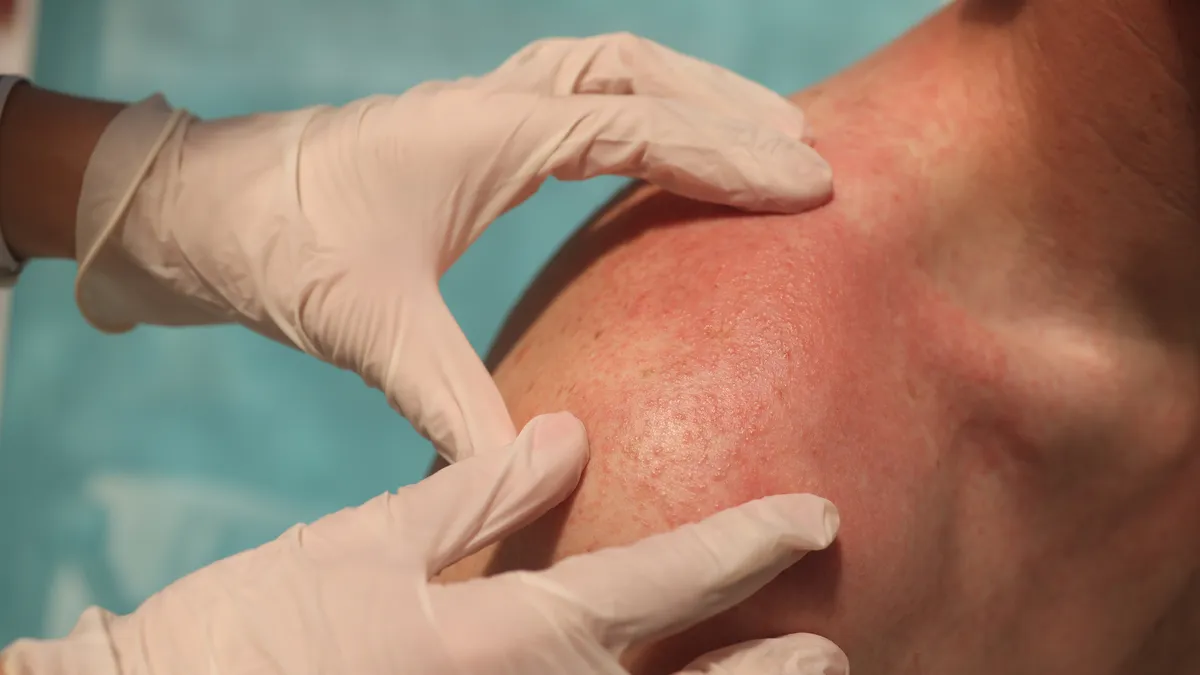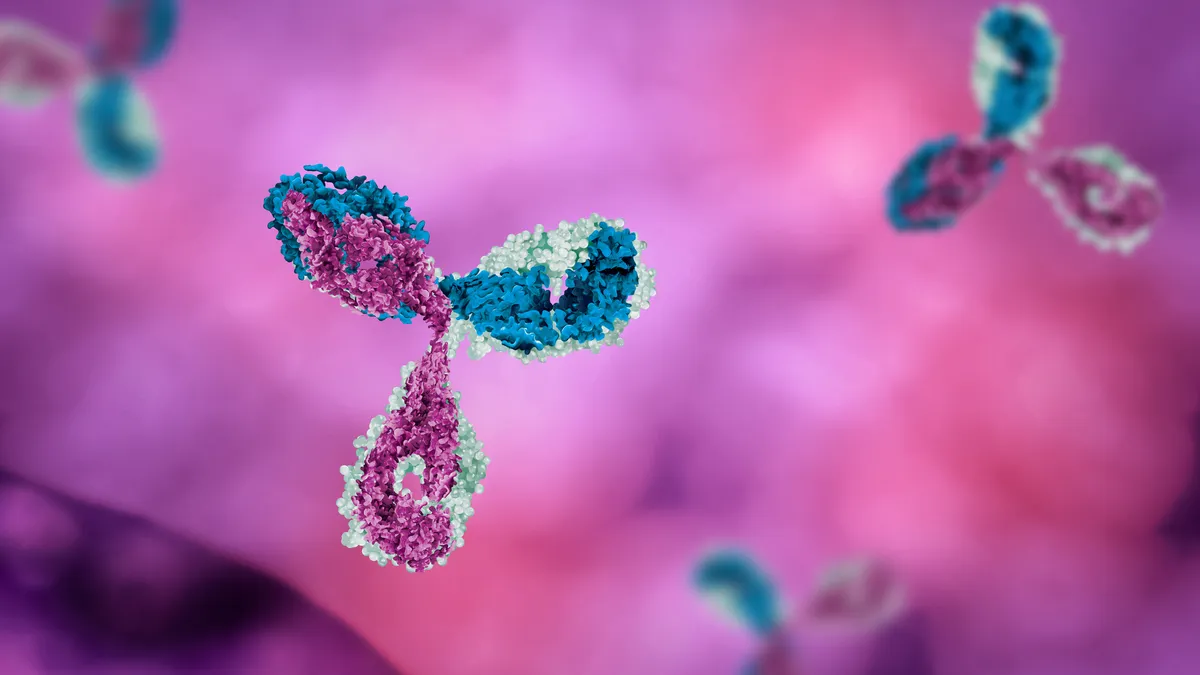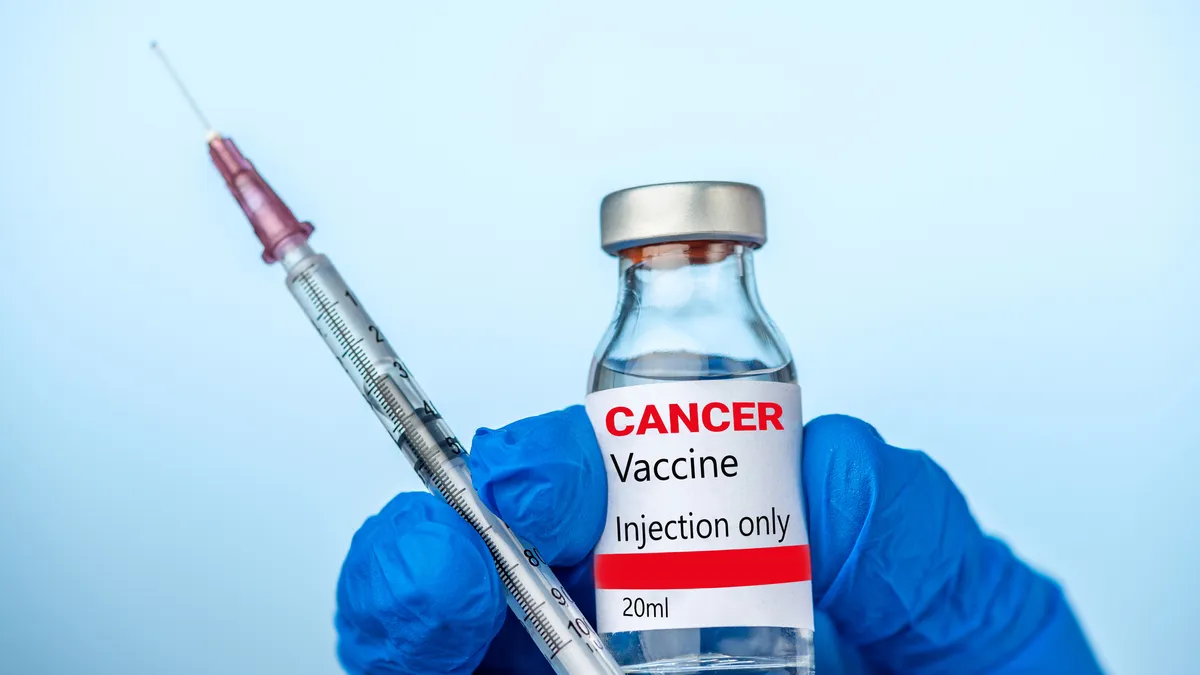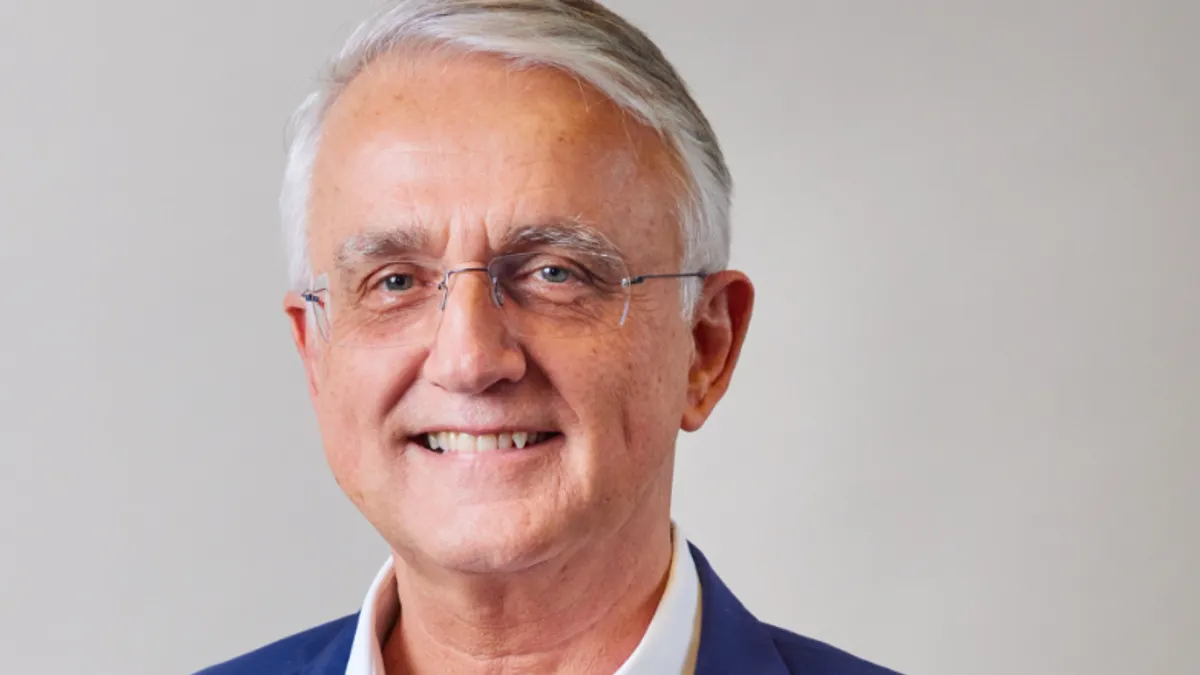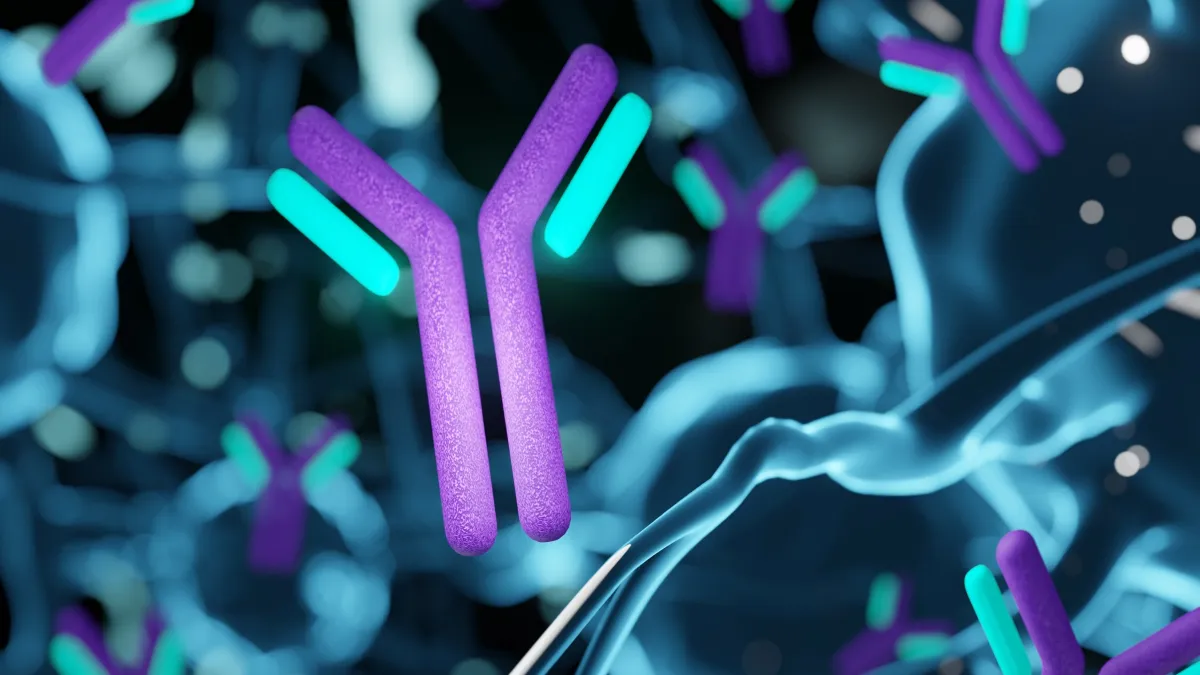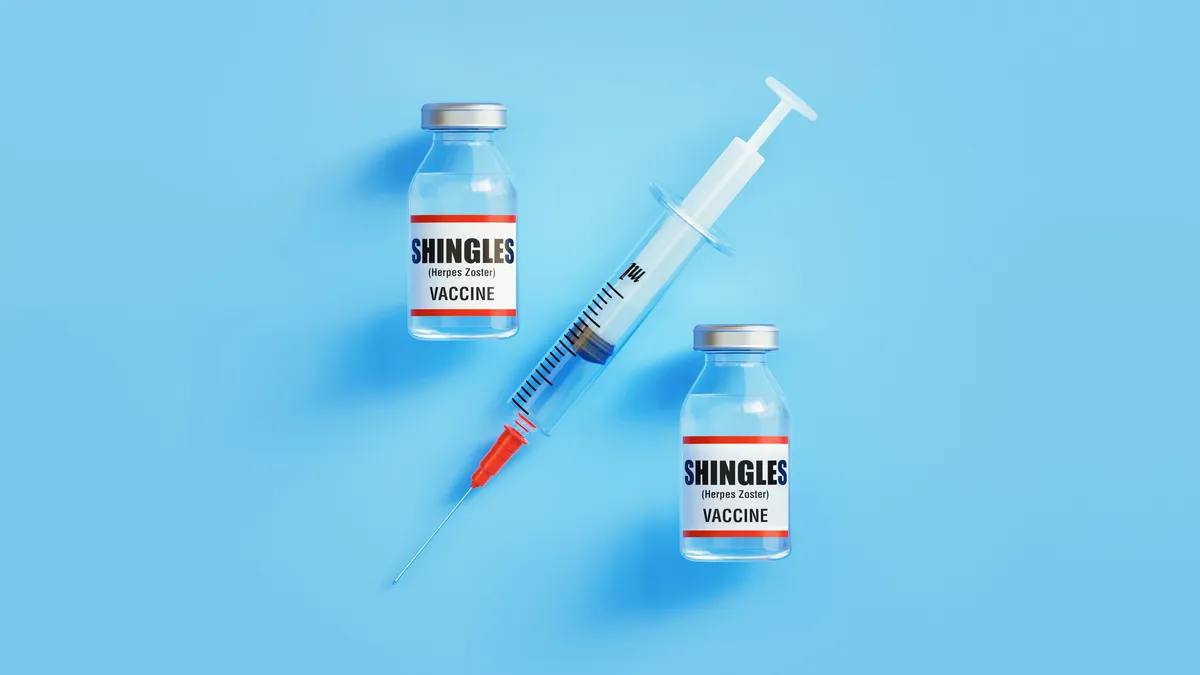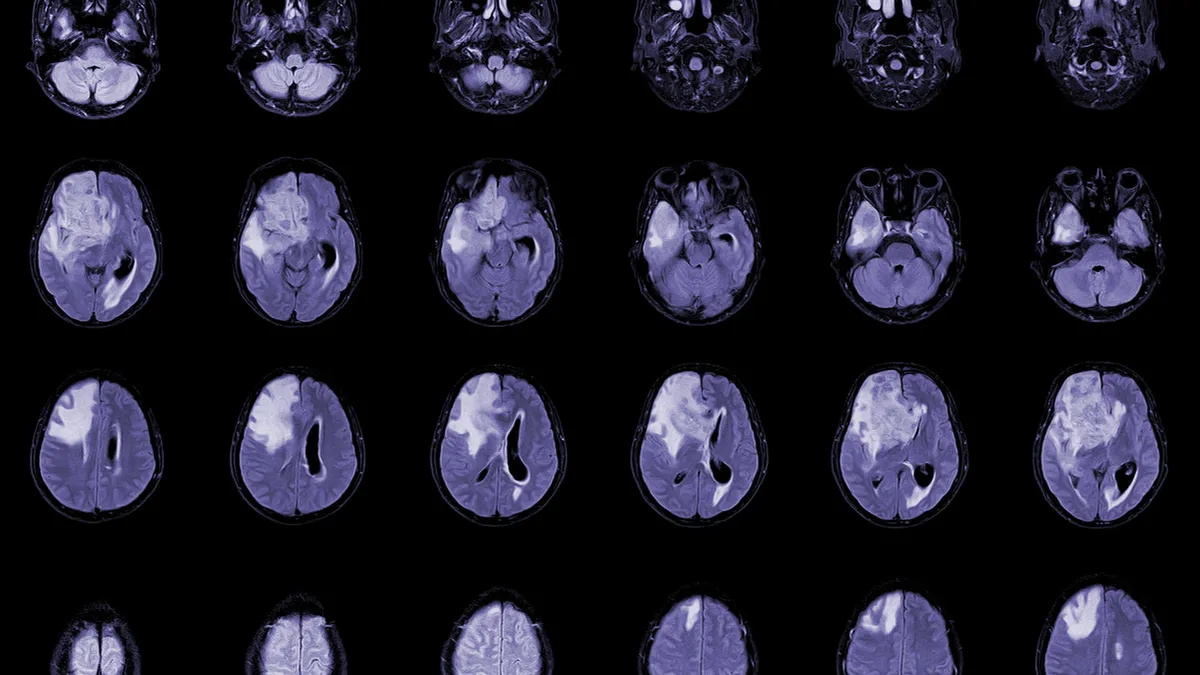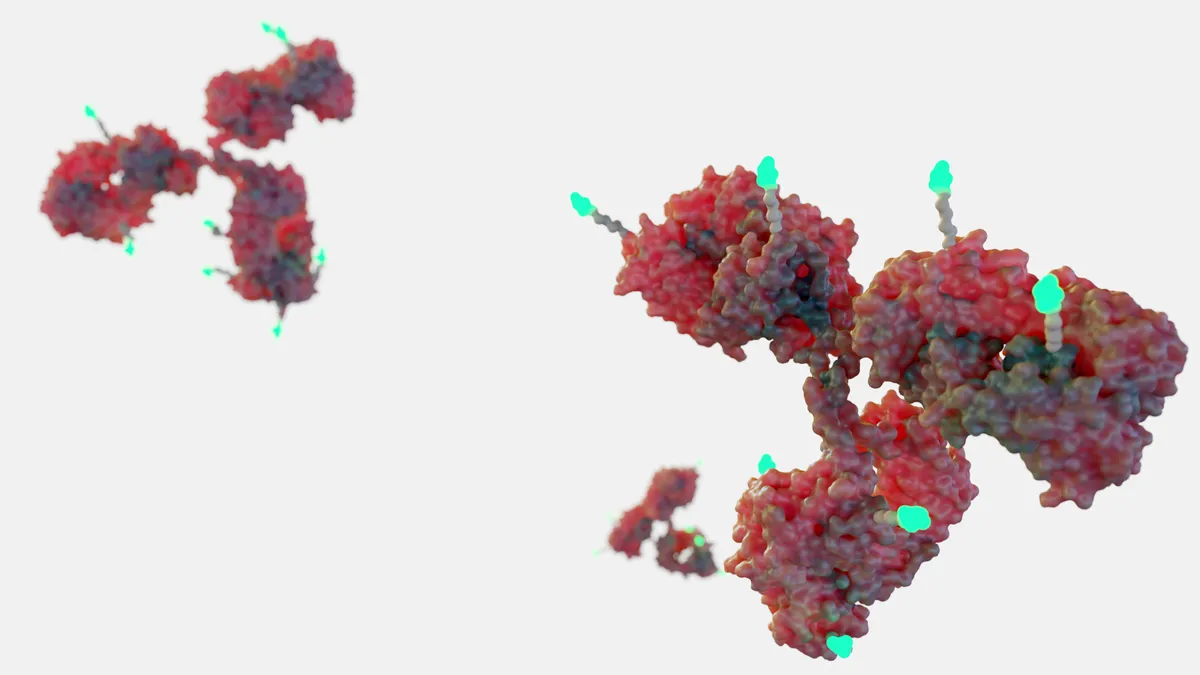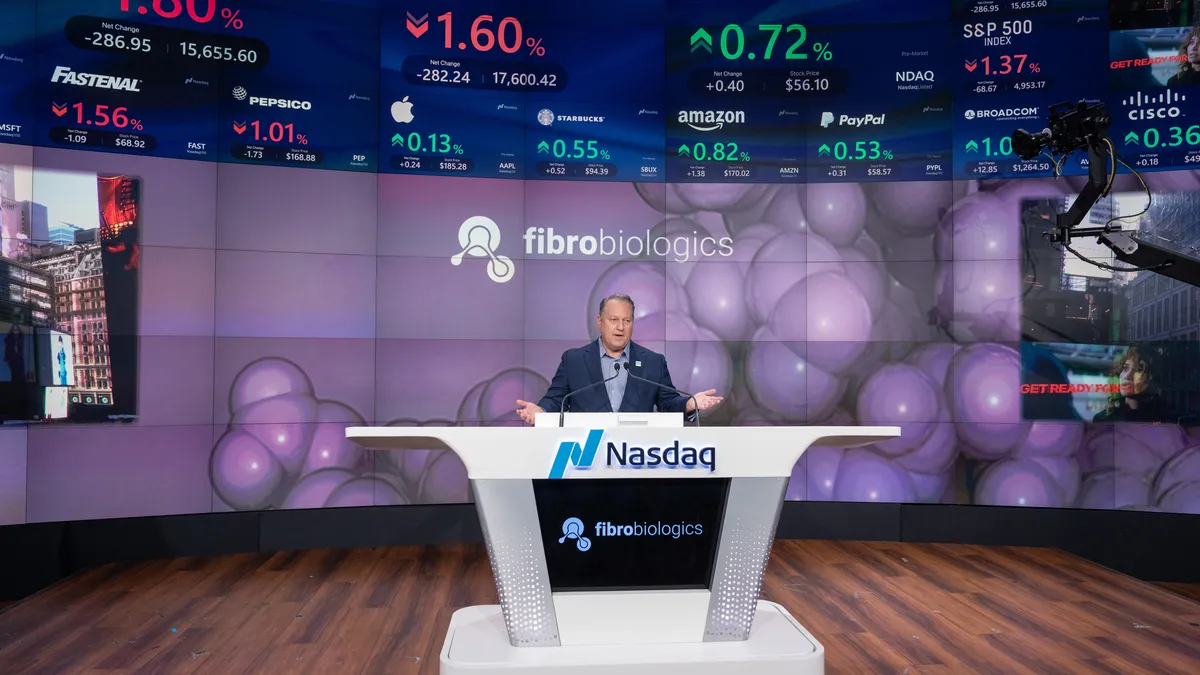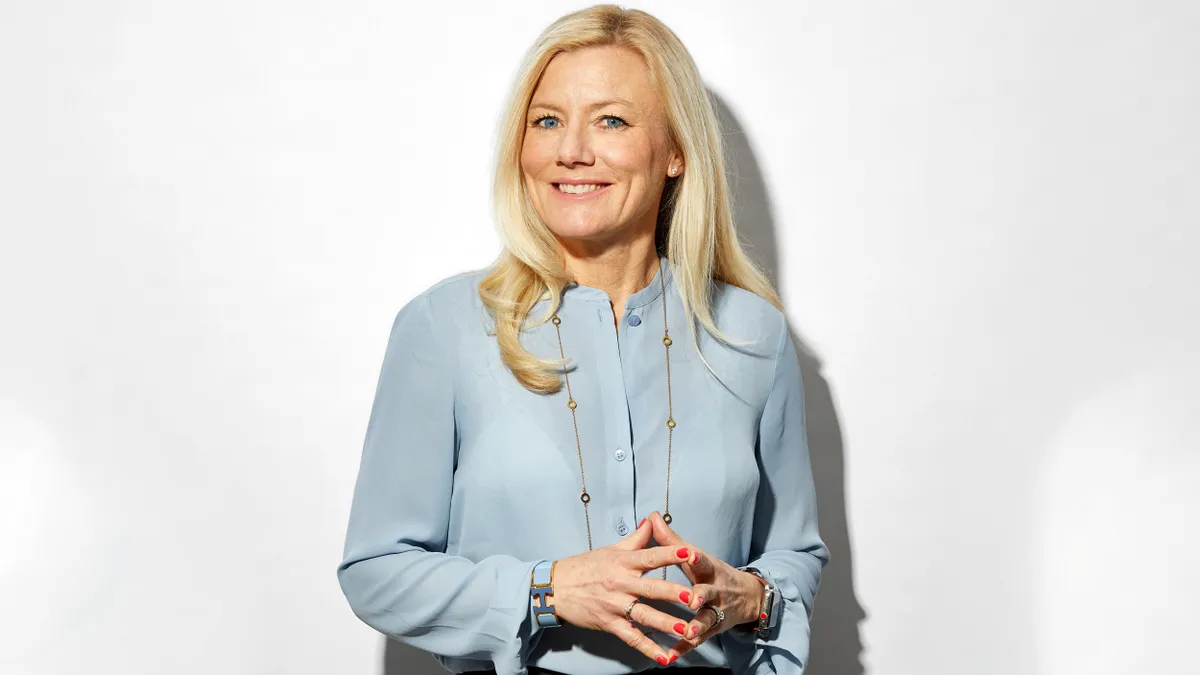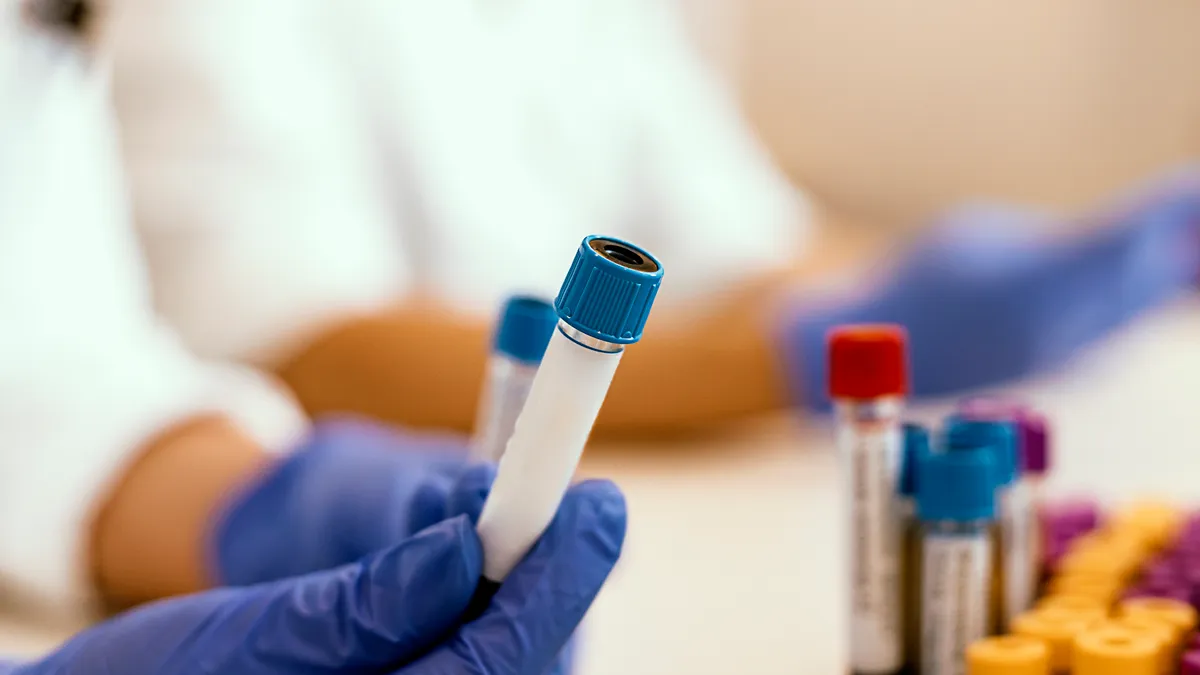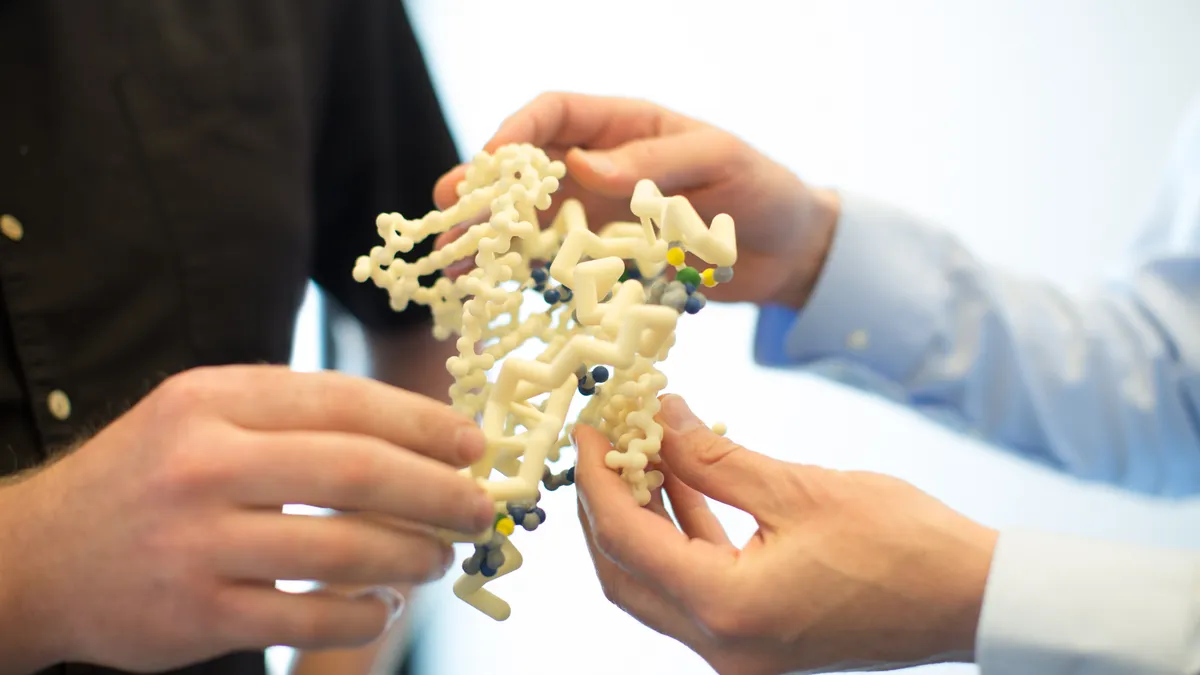Welcome to Biotech Spotlight, a series featuring companies with breakthrough technologies and strategies. Today, we’re looking at Karuna Therapeutics, a clinical-stage biopharmaceutical company focused on transformative medicines for people living with psychiatric and neurological conditions.
In focus with: Steve Paul, Karuna Therapeutics chair, president and CEO
Karuna Therapeutics’ vision: Drawing on extensive knowledge of how drugs work in the central nervous system, Karuna is focusing its research on finding novel mechanisms for treating psychiatric and neurological conditions through appropriate activation of the cholinergic system, which regulates various aspects of brain function.
Why it matters: All the antipsychotic drugs that have been introduced since Thorazine in the 1950s work fundamentally the same way — by blocking dopamine receptors. There’s still no disease-modifying drug on the market and the available antipsychotics have a dismal 10% to 30% effectiveness rate for some symptoms — and many patients don’t improve on the drugs at all. In addition, most have significant side effects that make them very difficult to take, including weight gain that results in diabetes, high blood pressure and increased risk of cardiovascular disease.
Karuna’s platform, starting with its lead candidate KarXT, has the potential to offer a more holistic treatment option for schizophrenia and psychosis in Alzheimer's disease. KarXT harnesses the potential of muscarinic receptors by stimulating the M1 and M4 receptors, which studies have found to reduce symptoms of psychosis and improve cognition. The company combines an agonist called xanomeline with an antagonist called Trospium to block unwanted side effects.
The company’s strategy: Data from a phase 2 study in patients with schizophrenia found a decrease in the Positive and Negative Syndrome Scale (PANSS) total score. Positive symptoms in schizophrenia include delusions and hallucinations, while examples of negative symptoms are lack of motivation, social apathy, withdrawal. The company is conducting phase 3 studies evaluating KarXT in adults with schizophrenia. In addition, Karuna will initiate a phase 3 program to evaluate KarXT for the treatment of psychosis in Alzheimer’s disease in the third quarter of 2022.
At a glance: Paul says the goal is to find a cure for schizophrenia and enable patients with the condition to function at a much higher level. In addition to KarXT, the company also has several “muscarinic-targeting” candidates for “undisclosed” indications in preclinical development. He is eager to rejuvenate and energize the field of neuroscience to develop new medicines that treat psychotic conditions.
In PharmaVoice’s conversation with Paul, he discussed how Karuna’s platform is getting more companies back into the field by challenging the status quo with innovative treatments that encourage research into different brain mechanisms.
This interview has been edited for style, length and clarity.
PharmaVoice: What is the background to Karuna’s platform and how does it differ to existing approaches to treating schizophrenia and other forms of psychosis?
Dr. Steve Paul: When I was at Eli Lilly & Co., where ultimately I became executive vice president for science and technology and president of Lilly Research Laboratories, I inherited a molecule called xanomeline, which is a drug that stimulates two of the five muscarinic cholinergic receptors — M1 and M4. We were developing it to try to treat the memory impairment in patients that have Alzheimer's disease and learned, quite serendipitously, that it had a dramatic effect on dementia related psychosis. We decided to conduct a small study on patients with schizophrenia and again we saw a large reduction in psychotic symptoms. The problem was the drug had some severe side effects — nausea, vomiting, severe sweating and increased salivation, and Lilly dropped the program.
What we’ve done at Karuna is to block the side effects by combining it with an antagonist and studies to date have been very promising.
Can you describe how Karuna’s lead candidate KarXT works?
Xanomeline, which is the active ingredient in KarXT, stimulates two of the five muscarinic receptors, M1 and M4. And what's been gleaned over the years with a lot of very elegant basic research is that the M4 receptor seems to be mostly involved in psychosis, with some contribution from M1, while the M1 receptor seems to be more involved in memory and cognition. So, we have a dual agonist that stimulates both those receptors directly at what is called the orthosteric site. And it's by that dual mechanism that I think we're seeing the clinical benefits of our drug. We even know where in the brain these receptors are being stimulated to produce these beneficial effects.
Why has there been such a dearth of innovation in areas such as schizophrenia, depression and major anxiety disorders?
While Prozac and other similar drugs were hugely successful, all are now off-patent and, unfortunately, around 15 to 20 years ago most of the major drug companies terminated their neuroscience programs, with a few exceptions. And even though there have been breakthroughs with innovative new therapies supported by greater understanding of genetics, psychiatric conditions are polygenetic disorders which makes it difficult to target any particular gene.
Since there are high attrition rates across all therapeutic classes, it makes sense for companies to work in areas where there is better understanding of the causes of disease. Having said that, we do know a lot about how the brain works and we’re learning a lot about certain diseases, though mostly neurological such as Alzheimer's disease, Huntington's disease, Parkinson's disease, rather than psychiatric disorders.
Has Karuna played a role in motivating more companies to get back into the neurology field?
What we’ve shown is that you can do something very different, and potentially better with treating psychiatric disorders. We’ve demonstrated that there are different brain mechanisms that we should be exploring more vigorously, and that has got some of the bigger companies back in the game, while also spawning a bunch of new companies. One new area of focus is psychedelics, and there is evidence that these drugs may have, in the case of psilocybin and LSD, antidepressant effects and they are being studied for mental health disorders.
We have competitors now, which is good because it means we're doing something right. I began training in the field of psychiatry and neuroscience 45 years ago, spending many years with the NIH and the National Institute of Mental Health before joining Lilly. Seeing more companies get back into the field is exciting for me as an old shrink!














